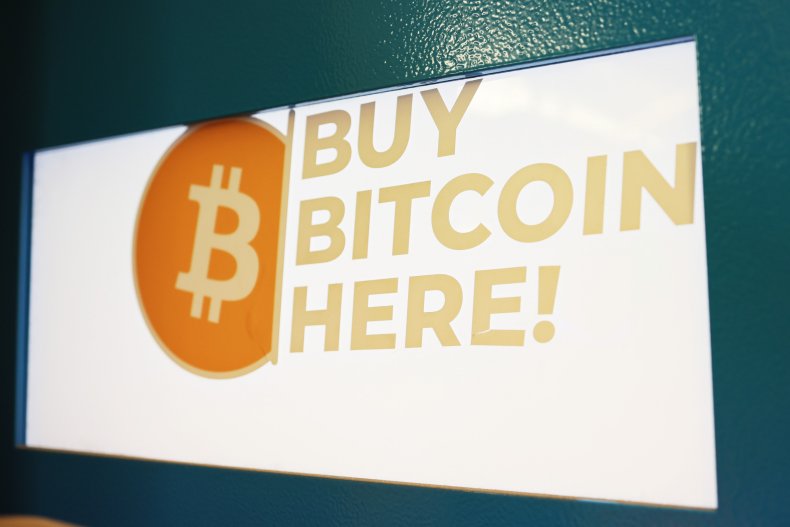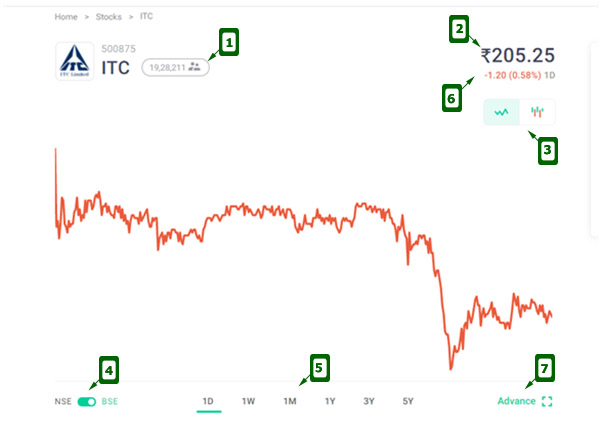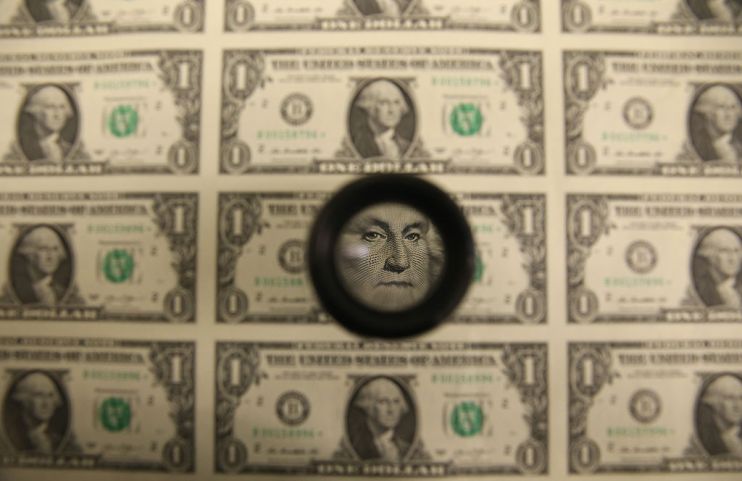Last Nov, the global cryptocurrency market place was worth $iii trillion. Now, it’s below $ane trillion. Bitcoin solitary has plummeted more than 70 percent since Nov 9.
Many Americans accept lost their shirts. So why isn’t crypto regulated like other fiscal assets?
First, some history.
Eighty ix years agone, the Banking Act of 1933, as well known as the Glass-Steagall Act, was signed into law by Franklin D. Roosevelt. Information technology separated commercial banking from investment banking—Master Street from Wall Street—to protect people who entrusted their savings to commercial banks from having their money gambled away. Glass-Steagall’s larger purpose was to put an end to the behemothic Ponzi scheme that had overtaken the American economy in the 1920s and led to the Great Crash of 1929.
Americans had been getting rich by speculating on shares of stock and diverse sorts of exotica (roughly analogous to crypto). As other investors followed them into these risky assets, their values increased. Only at some point, Ponzi schemes topple under their own weight. When the toppling occurred in 1929, it plunged the nation and the world into a Great Depression. The Glass-Steagall Act was a ways of restoring stability.
It takes a full generation to forget a financial trauma and permit the forces that caused it to repeat their havoc.

Michael M. Santiago/Getty Images
Past the mid-1980s, equally the stock market soared, speculators noticed they could brand lots more money if they could gamble with other people’s money, equally speculators did in the 1920s. They pushed Congress to deregulate Wall Street, arguing that the United States fiscal sector would otherwise lose its competitive standing relative to other financial centers effectually the globe.
In 1999, Bill Clinton and Congress agreed to ditch what remained of Glass-Steagall. Supporters hailed the motion as a long-overdue demise of a Low-era relic. Critics (including yours truly) predicted information technology would release a monster.
The critics were proven correct. With Glass-Steagall’s repeal, the American economic system once over again became a betting parlor.
Inevitably, Wall Street suffered another near-expiry experience from excessive gambling. Its Ponzi schemes began toppling in 2008, just every bit they had in 1929. The departure was that the U.S. government bailed out the biggest banks and fiscal institutions, with the result that the Great Recession of 2008-09 wasn’t nearly equally bad as the Great Depression of the 1930s. Even so, millions of Americans lost their jobs, their savings, and their homes.
In the wake of the 2008 fiscal crisis, a new but watered-down version of Glass-Steagall was enacted—the Dodd-Frank Act—which has been further diluted and defanged by Wall Street lobbyists.
Which brings united states of america to the crypto crash.
The electric current chair of the Securities and Exchange Commission, Gary Gensler, has described cryptocurrency investments as “rife with fraud, scams, and abuse.” It’s hard to know who provides money for loans, where the money flows, or how easy it is to trigger currency meltdowns. There are no standards for risk management or capital reserves, and no transparency requirements. Deposits are not insured. We’re back to the Wild West finances of the 1920s.
In the past, the value of cryptocurrencies kept rising by alluring an always-growing range of investors and some large Wall Street money, along with celebrity endorsements. Just, as I said, all Ponzi schemes topple eventually.
This market isn’t regulated because of intensive lobbying by the crypto manufacture, whose kingpins desire the Ponzi scheme to continue. The industry has poured huge money into political campaigns. And it has hired scores of former government officials and regulators to vestibule on its behalf, including three erstwhile chairs of the Securities and Commutation Commission, three sometime chairs of the Commodity Futures Trading Commission, iii former U.S. senators, at to the lowest degree ane sometime White House master of staff, the sometime chair of the Federal Deposit Insurance Corporation, and a sometime Secretary of the Treasury.
In his 1955 volume
The Peachy Crash 1929, Harvard professor John Kenneth Galbraith introduced the term “bezzle” (derived from embezzlement). Galbraith noted that the bezzle in a financial organization grows whenever people are confident about the economic system, and reveals itself when confidence ebbs.
Crypto is pure bezzle, every bit is now being revealed. If we should accept learned anything from the crashes of 1929 and 2008, it’s that regulation of financial markets is essential. Otherwise, they plow into Ponzi schemes filled with bezzle, leaving modest investors with zippo and endangering the unabridged economy.
It’s time for the Biden administration and Congress to end the crypto bezzle.
Robert B. Reich is an American political commentator, professor and author. He served in the administrations of Presidents Gerald Ford, Jimmy Carter and Beak Clinton. Reich’southward latest book,
The System: Who Rigged Information technology, How Nosotros Fix It, is out now.
The views expressed in this article are the writer’s ain.
Source: https://www.newsweek.com/cryptocurrency-ponzi-scheme-its-time-regulate-it-opinion-1721965
 RosyandBo.com Trusted Information and Education News Media
RosyandBo.com Trusted Information and Education News Media



